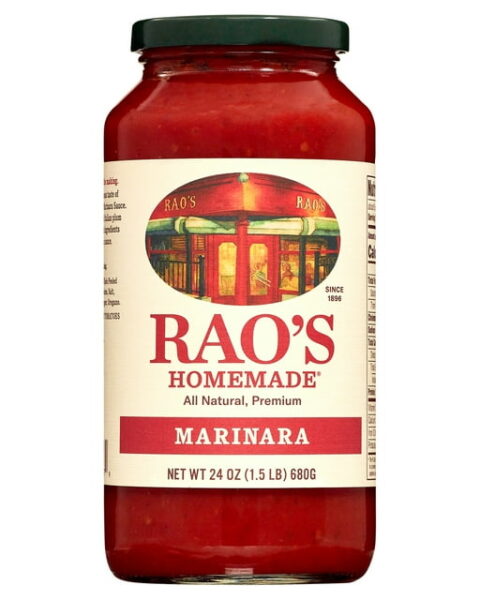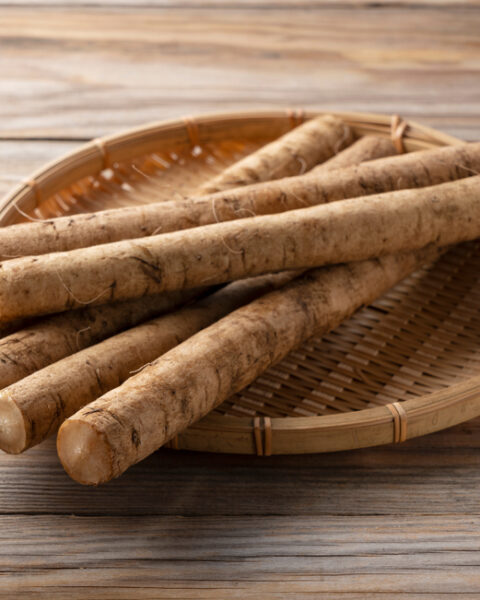A simple addition of nuts and seeds to your diet can make a significant difference for a healthier heart. Packed with essential nutrients, healthy fats, and antioxidants, these small powerhouses offer a variety of benefits that support cardiovascular health. Regular consumption of nuts and seeds has been linked to reduced risk factors for heart disease, including lower cholesterol levels and improved blood pressure.
Contents
- 1 Almonds
- 2 Walnuts
- 3 Chia Seeds
- 4 Flaxseeds
- 5 Pistachios
- 6 Pumpkin Seeds
- 7 Hazelnuts
- 8 Sesame Seeds
- 9 Brazil Nuts
- 10 Cashews
- 11 Sunflower Seeds
- 12 Macadamia Nuts
- 13 Hemp Seeds
- 14 Cacao Nibs
- 15 Coconut
- 16 Nigella Seeds (Black Cumin)
- 17 Sacha Inchi Seeds
- 18 More From RetailShout
- 19 15 Homemade Juice Recipes Packed with Nutrients
- 20 6 New and 10 Returning Items Of The Week At Trader Joe`s
Almonds
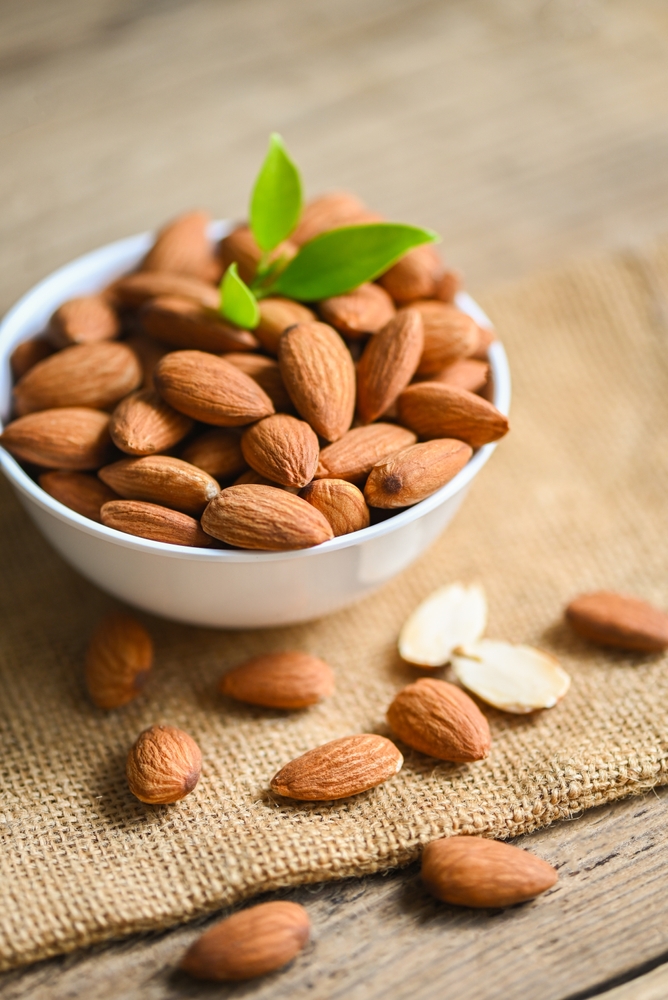
Almonds are packed with monounsaturated fats, fiber, and antioxidants, which help lower LDL (bad) cholesterol and reduce inflammation. They also contain vitamin E, magnesium, and potassium, which support heart function and blood pressure regulation. Regular consumption of almonds has been linked to a reduction in heart disease risk.
Walnuts
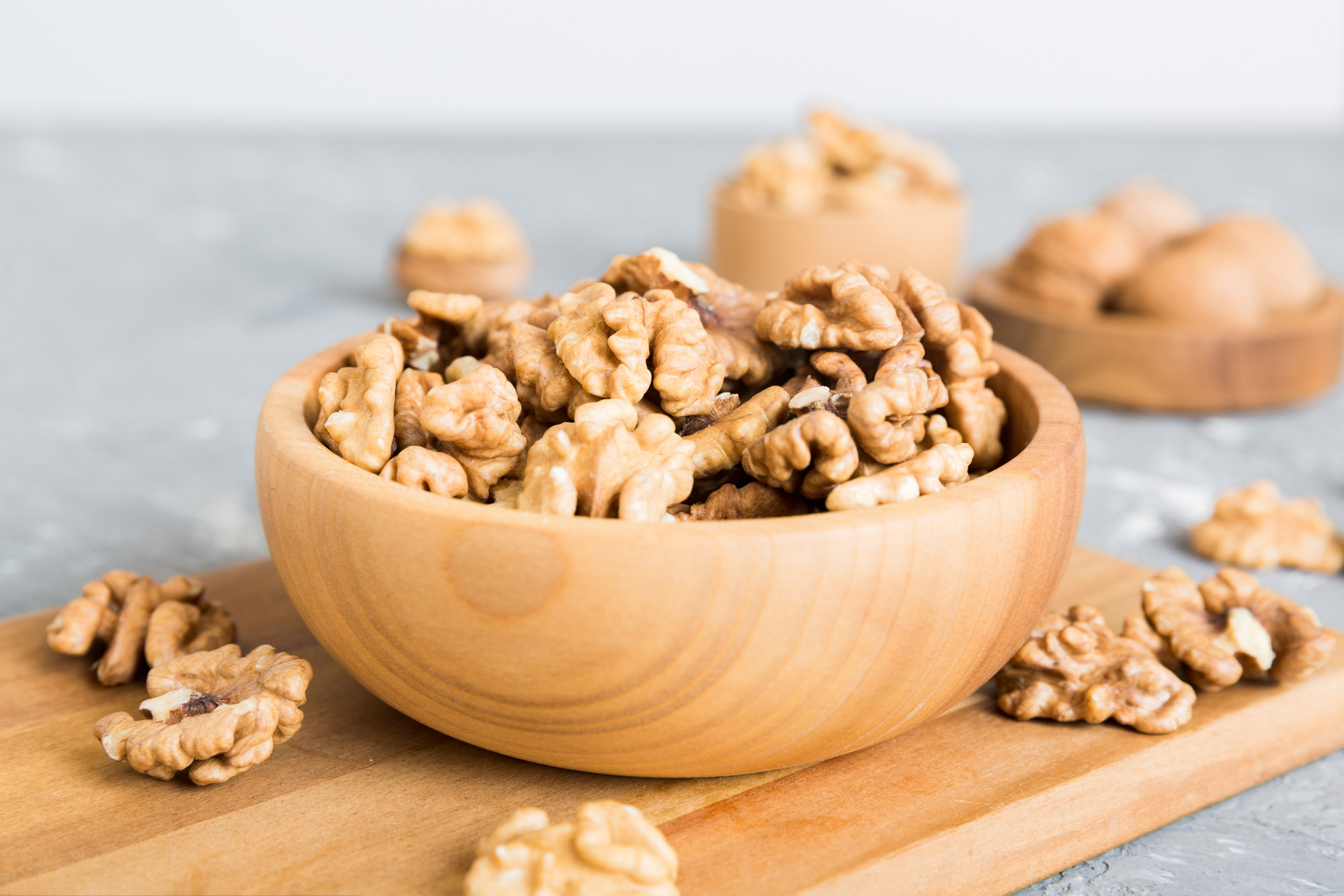
Rich in omega-3 fatty acids, walnuts are known for their ability to improve cholesterol levels and reduce inflammation. They also provide a good source of plant-based protein, fiber, and antioxidants, promoting overall cardiovascular health. Studies suggest that eating walnuts regularly can lower blood pressure and improve blood vessel function.
Chia Seeds
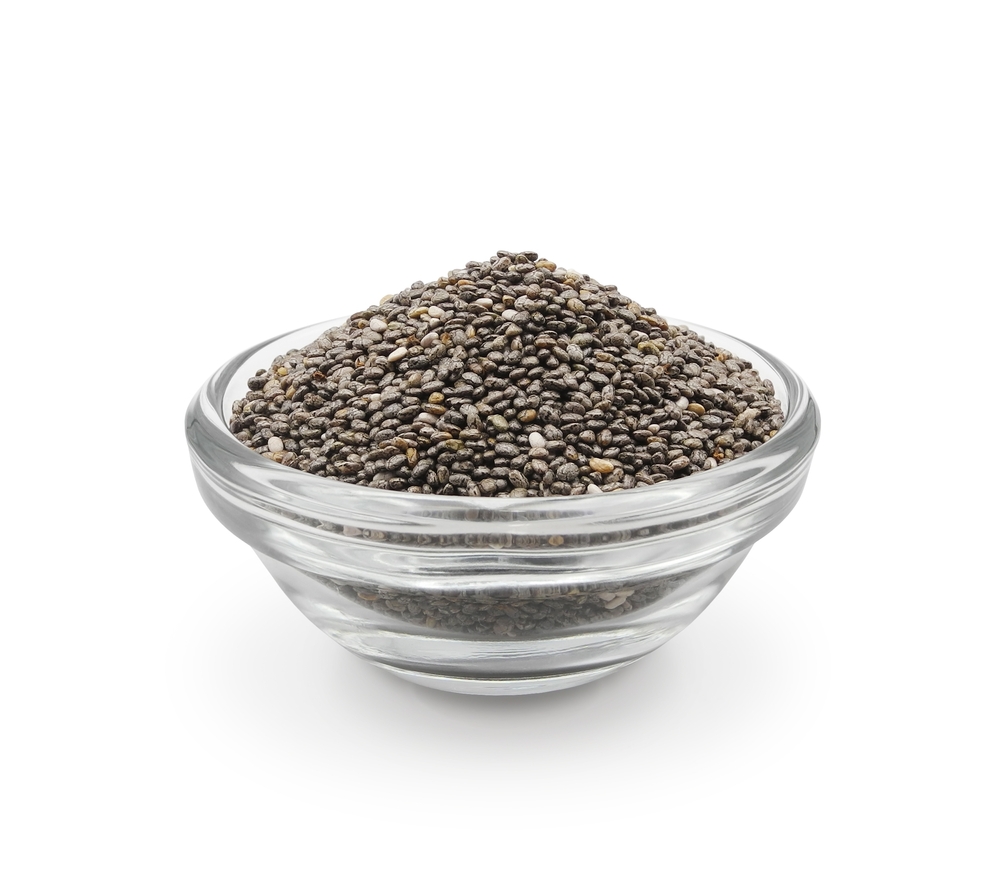
Chia seeds are high in omega-3 fatty acids, fiber, and protein, making them an excellent choice for heart health. Their ability to absorb liquid forms a gel-like substance that can help lower cholesterol and stabilize blood sugar levels. Additionally, chia seeds can aid in weight management, which is beneficial for heart health.
Flaxseeds
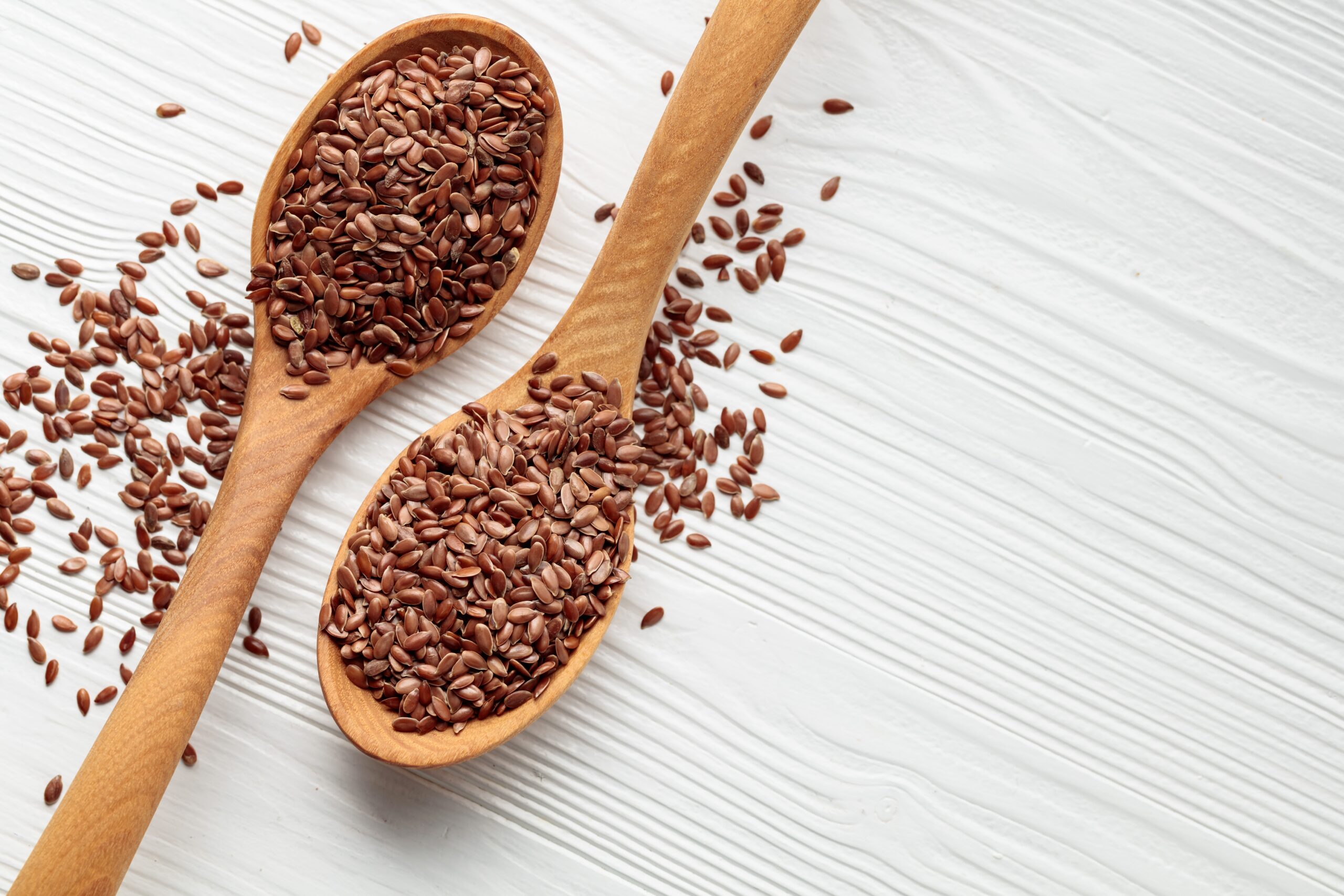
Flaxseeds are one of the best plant sources of alpha-linolenic acid (ALA), an omega-3 fatty acid that reduces inflammation and supports heart health. They also contain lignans, which have antioxidant properties and may help lower blood pressure. Ground flaxseeds are particularly effective at reducing cholesterol levels and improving heart health.
Pistachios
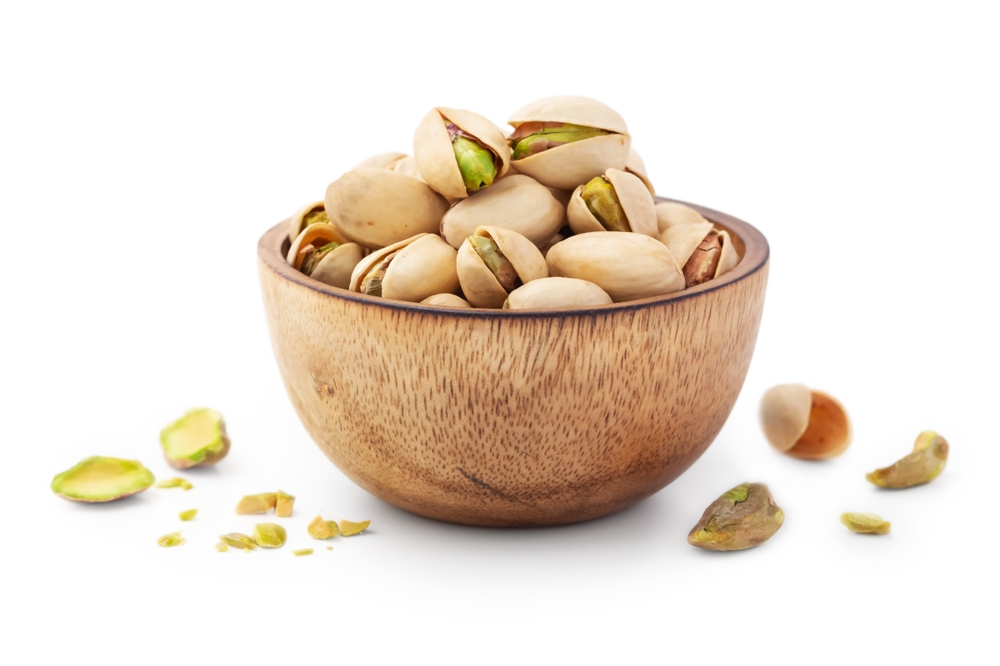
Pistachios are rich in monounsaturated fats, fiber, and antioxidants, which help improve cholesterol levels and protect against oxidative stress. They also contain potassium and magnesium, essential for heart health and blood pressure regulation. Regular consumption of pistachios has been shown to lower LDL cholesterol and increase HDL (good) cholesterol.
Pumpkin Seeds

Pumpkin seeds are loaded with magnesium, a mineral crucial for maintaining a healthy heart rhythm and blood pressure. They also provide antioxidants, fiber, and healthy fats that support overall cardiovascular health. Eating pumpkin seeds can help reduce inflammation and improve heart health markers.
Hazelnuts
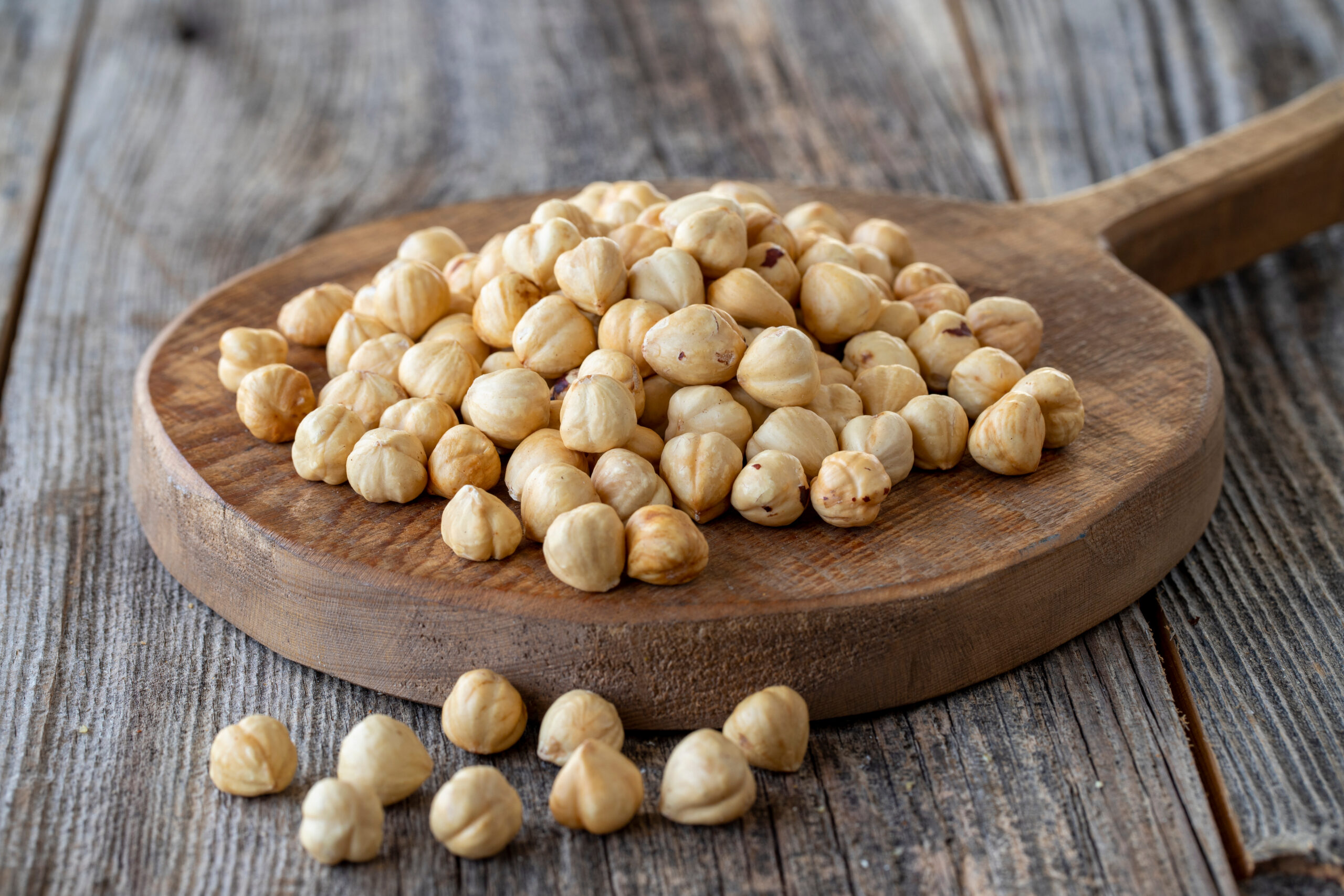
Hazelnuts are high in monounsaturated fats, which can help lower bad cholesterol and reduce inflammation. They also contain vitamins E and B6, folate, magnesium, and potassium, all of which contribute to heart health. Including hazelnuts in your diet can improve blood vessel function and reduce the risk of heart disease.
Sesame Seeds
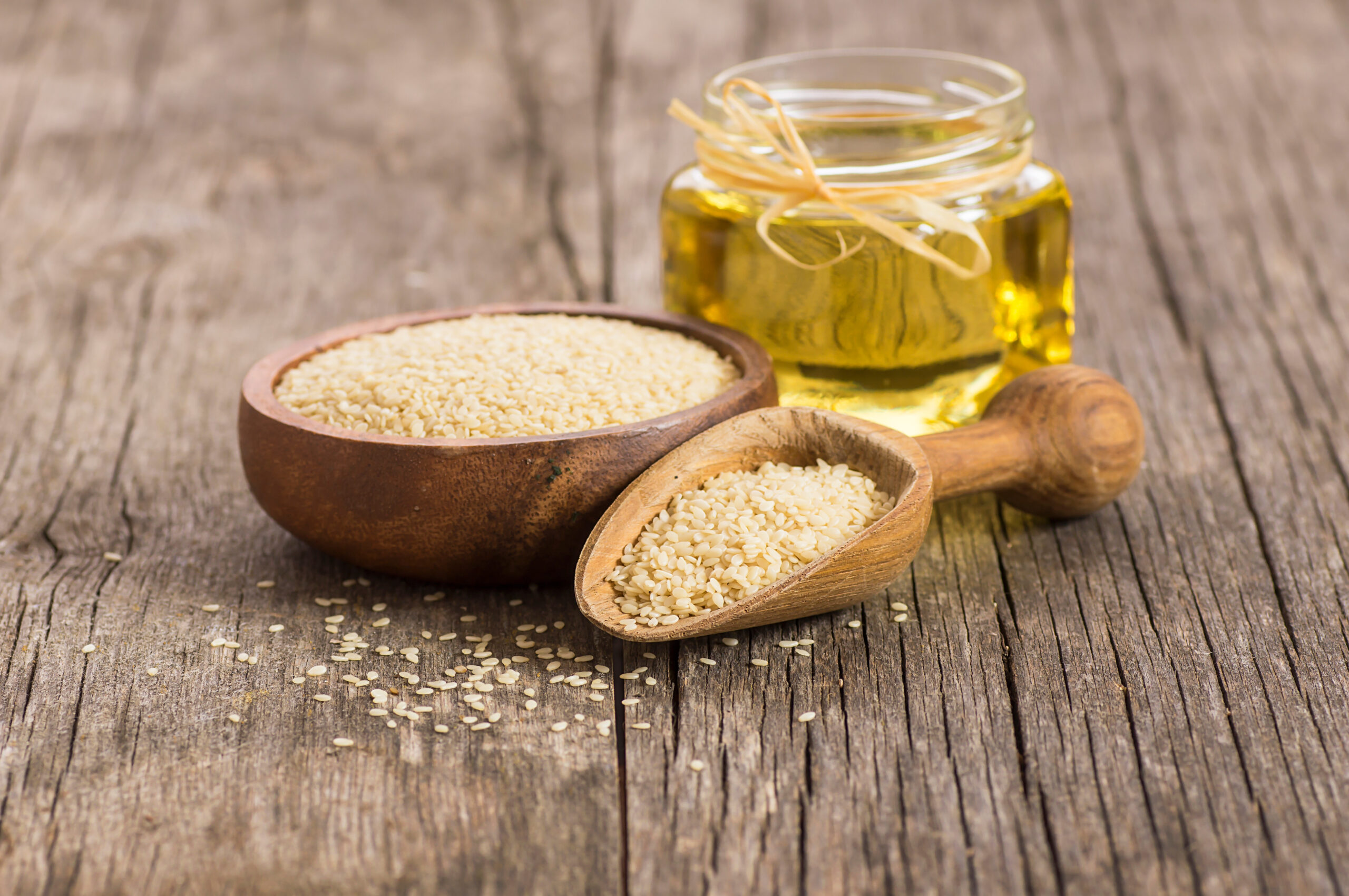
Sesame seeds contain heart-healthy fats, fiber, and antioxidants like sesamin and sesamol. These nutrients help reduce inflammation, lower cholesterol levels, and support overall cardiovascular function. Sesame seeds are also a good source of calcium, which is important for heart health.
Brazil Nuts
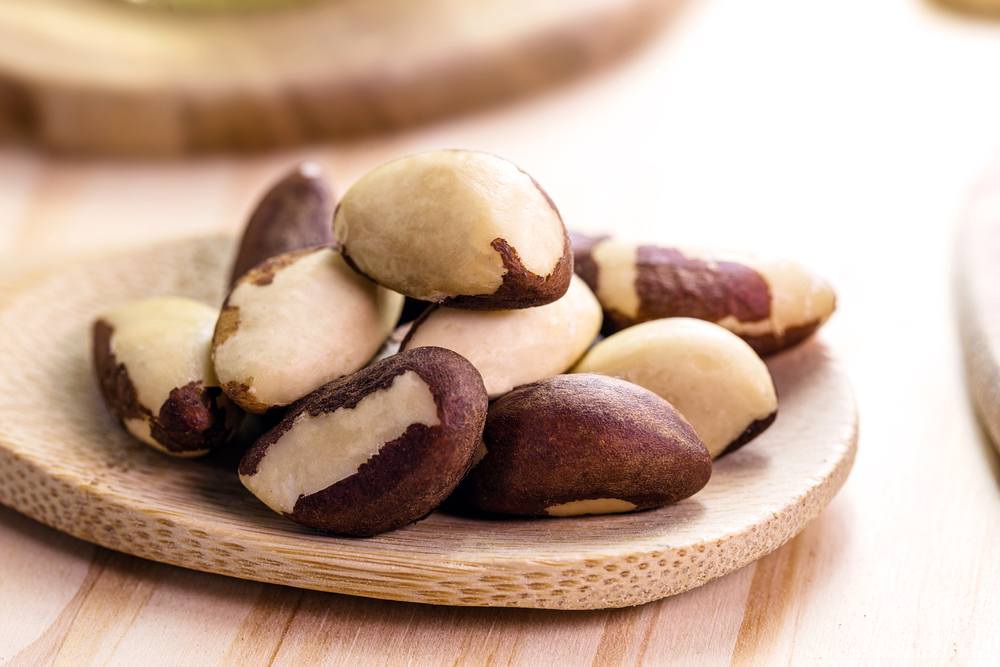
Brazil nuts are an excellent source of selenium, a mineral that acts as an antioxidant and supports heart health. They also provide healthy fats, protein, and fiber, promoting overall cardiovascular wellness. Eating just a few Brazil nuts each day can improve cholesterol levels and reduce inflammation.
Cashews
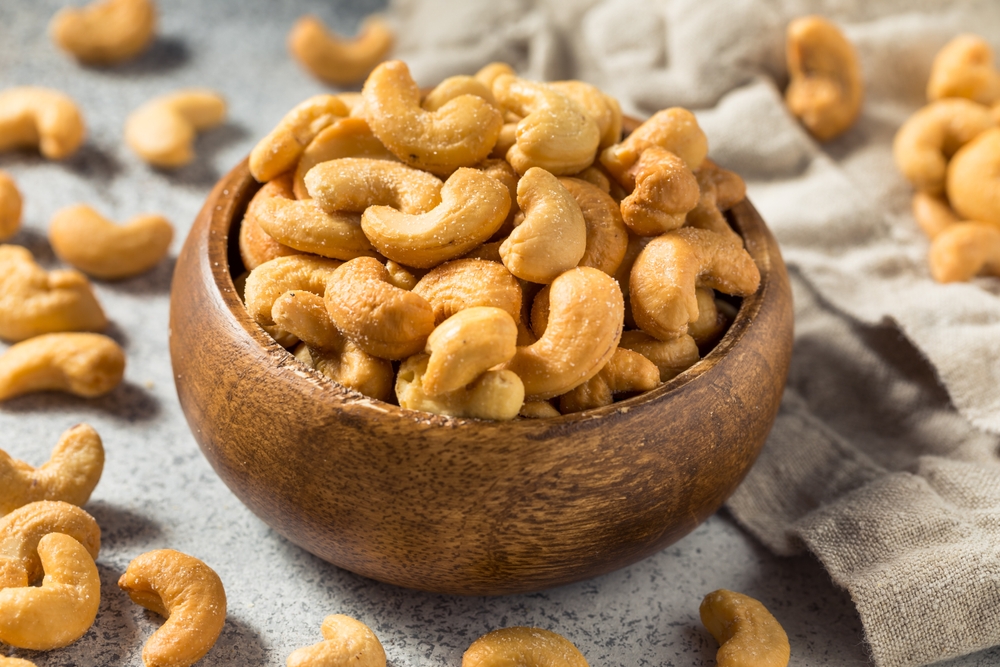
Cashews are rich in monounsaturated fats, magnesium, and antioxidants, which can help lower bad cholesterol and support heart health. They also provide protein and fiber, contributing to overall well-being. Including cashews in your diet can improve blood vessel function and reduce the risk of heart disease.
Sunflower Seeds
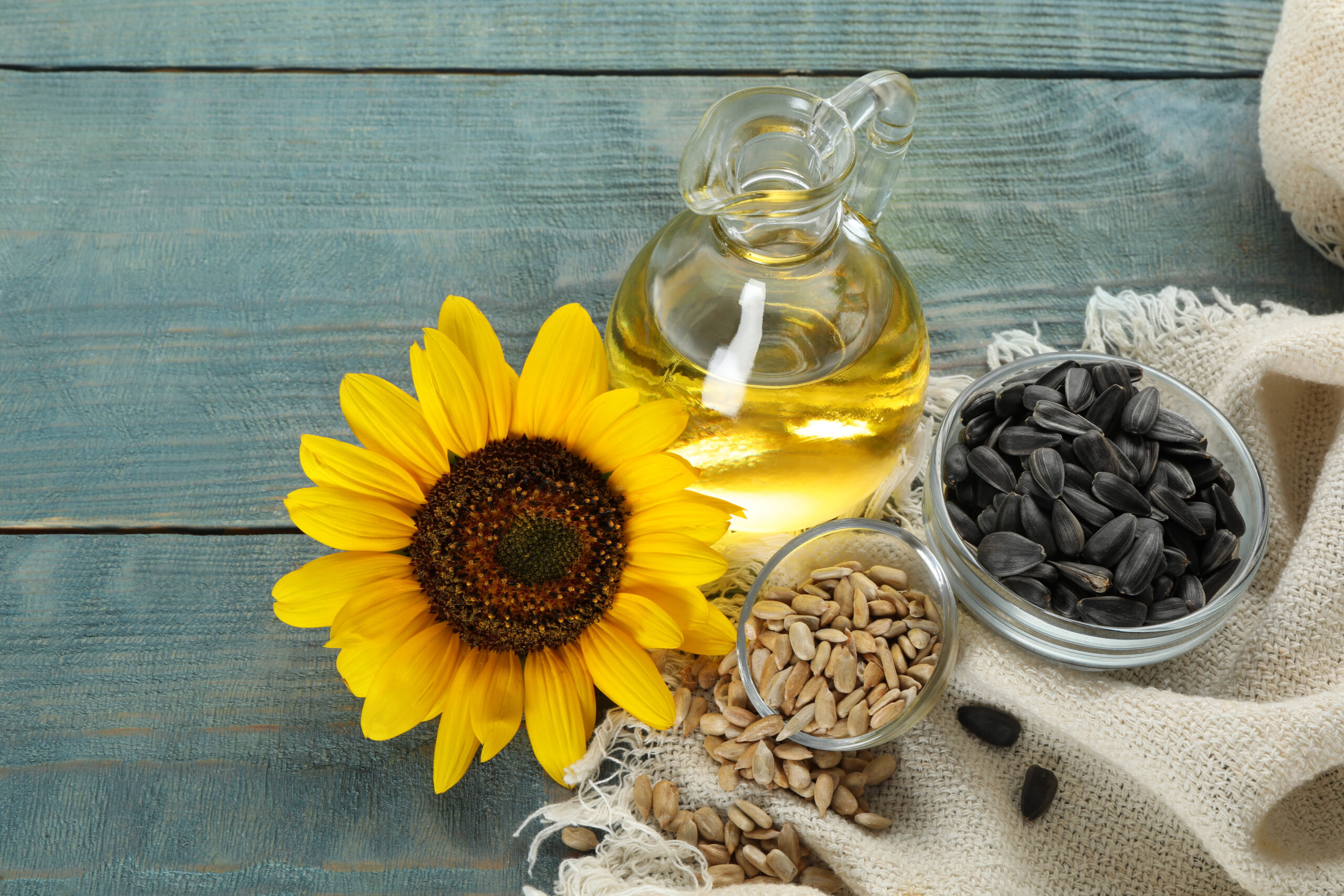
Sunflower seeds are packed with vitamin E, an antioxidant that protects cells from damage and supports heart health. They also contain healthy fats, fiber, and minerals like magnesium and selenium. Eating sunflower seeds can help lower cholesterol levels and reduce inflammation.
Macadamia Nuts
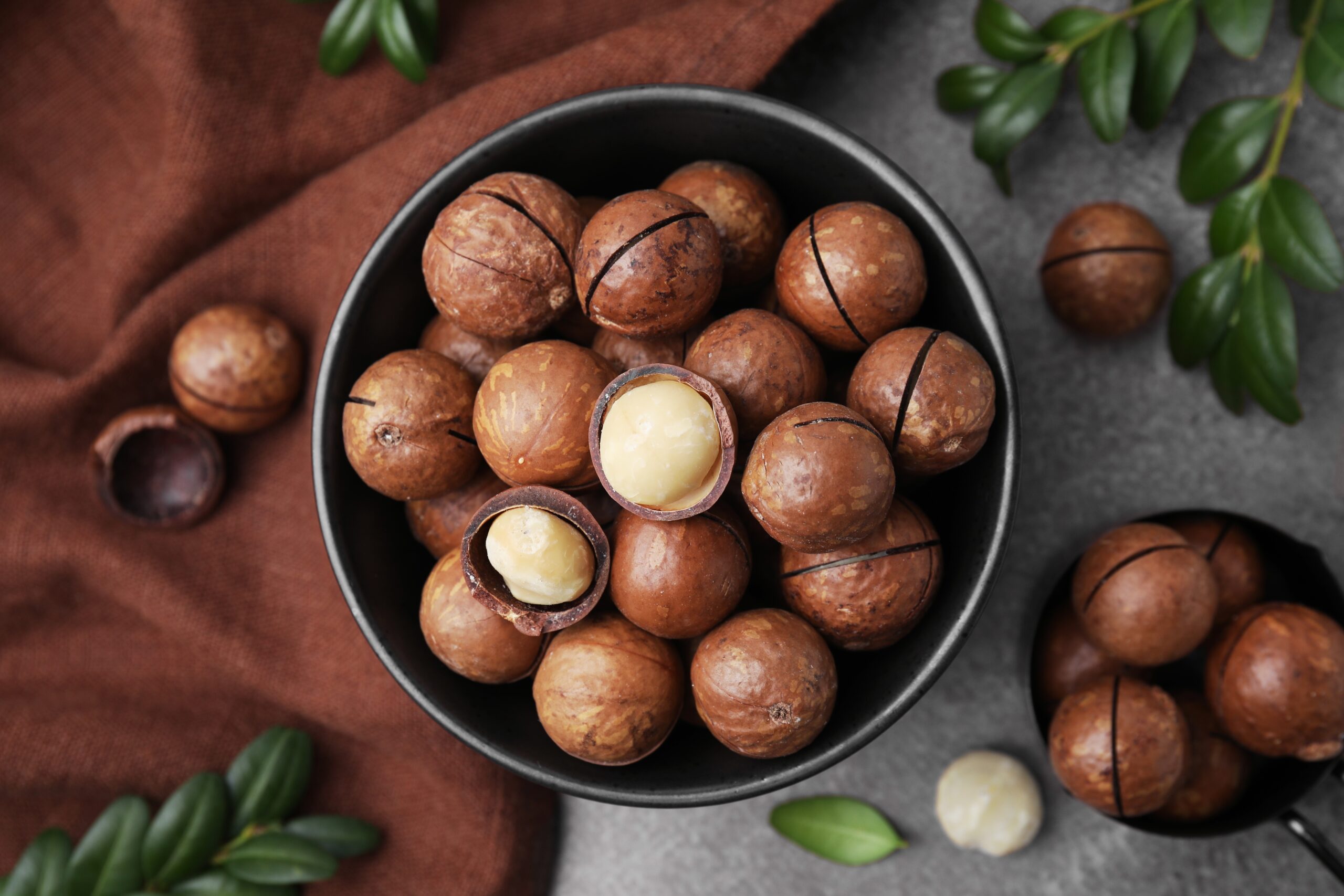
Macadamia nuts are high in monounsaturated fats, which help reduce bad cholesterol and inflammation. They also provide fiber, protein, and antioxidants, contributing to overall cardiovascular health. Regular consumption of macadamia nuts can improve cholesterol levels and support heart health.
Hemp Seeds
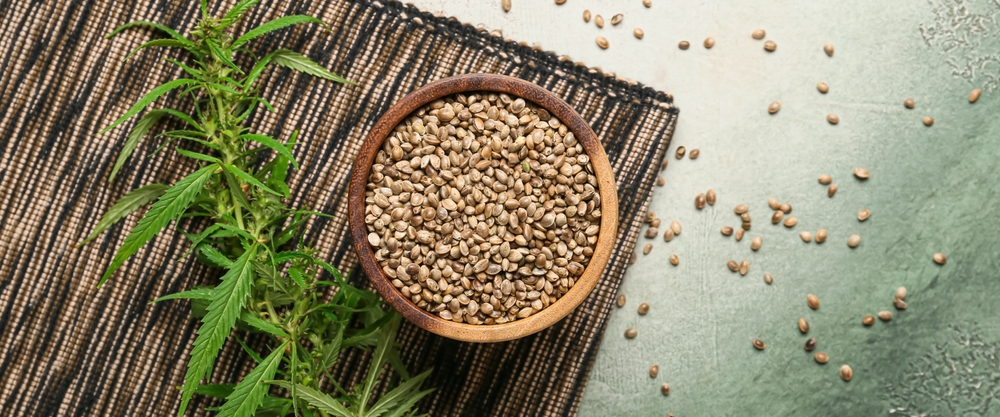
Hemp seeds are a great source of omega-3 and omega-6 fatty acids, which support heart health. They also provide protein, fiber, and minerals like magnesium and potassium. Including hemp seeds in your diet can help lower cholesterol levels and improve heart health markers.
Cacao Nibs
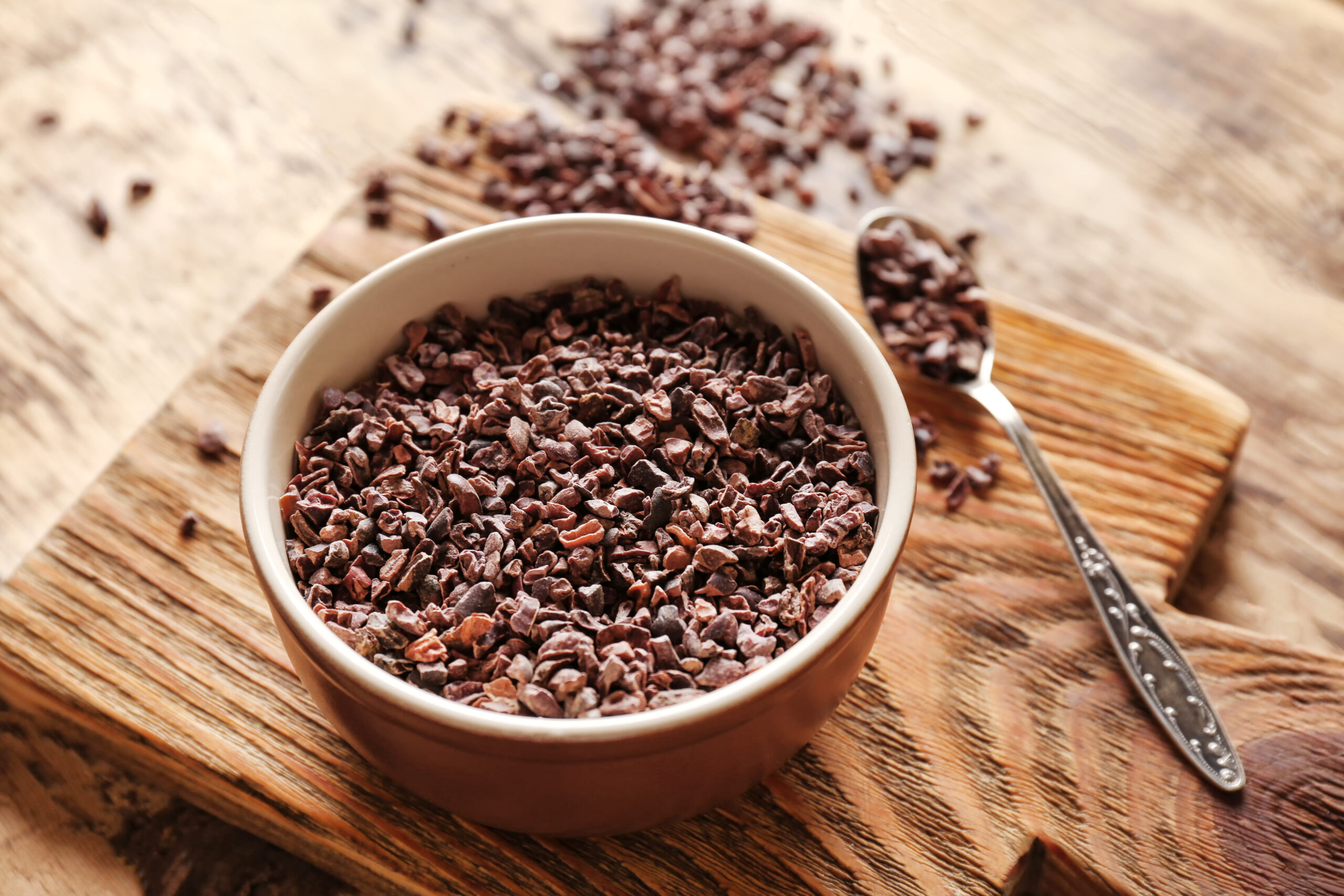
Cacao nibs are rich in flavonoids, antioxidants that help reduce inflammation and improve heart health. They also provide magnesium, iron, and fiber, contributing to overall cardiovascular wellness. Eating cacao nibs can improve blood vessel function and reduce the risk of heart disease.
Coconut
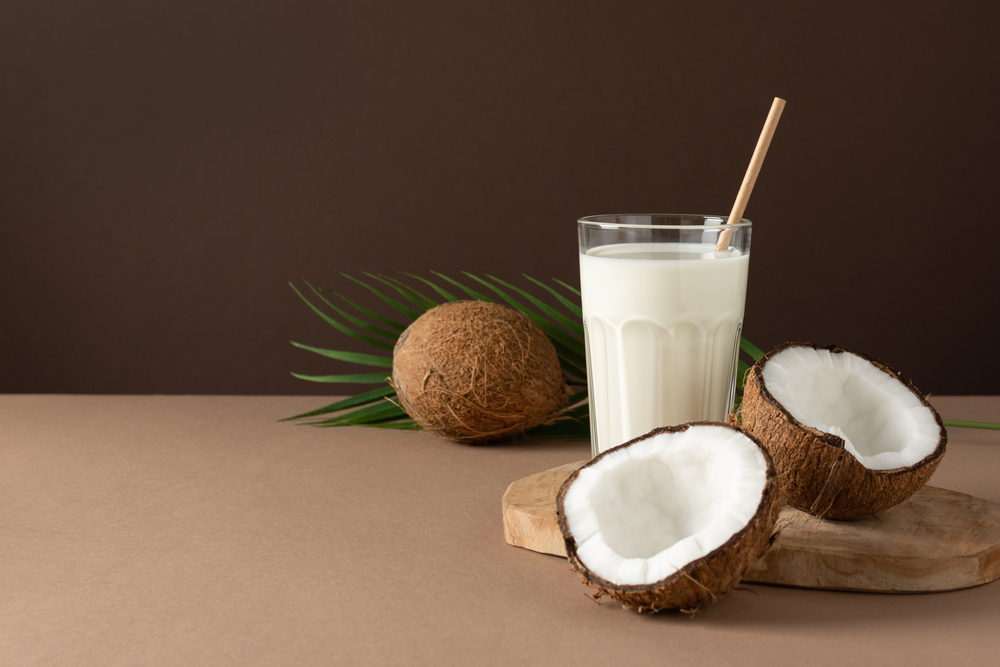
While coconut is higher in saturated fats, it contains medium-chain triglycerides (MCTs) that may benefit heart health. It also provides fiber, vitamins, and minerals that support overall well-being. Including coconut in your diet can help improve cholesterol levels and support heart health.
Nigella Seeds (Black Cumin)
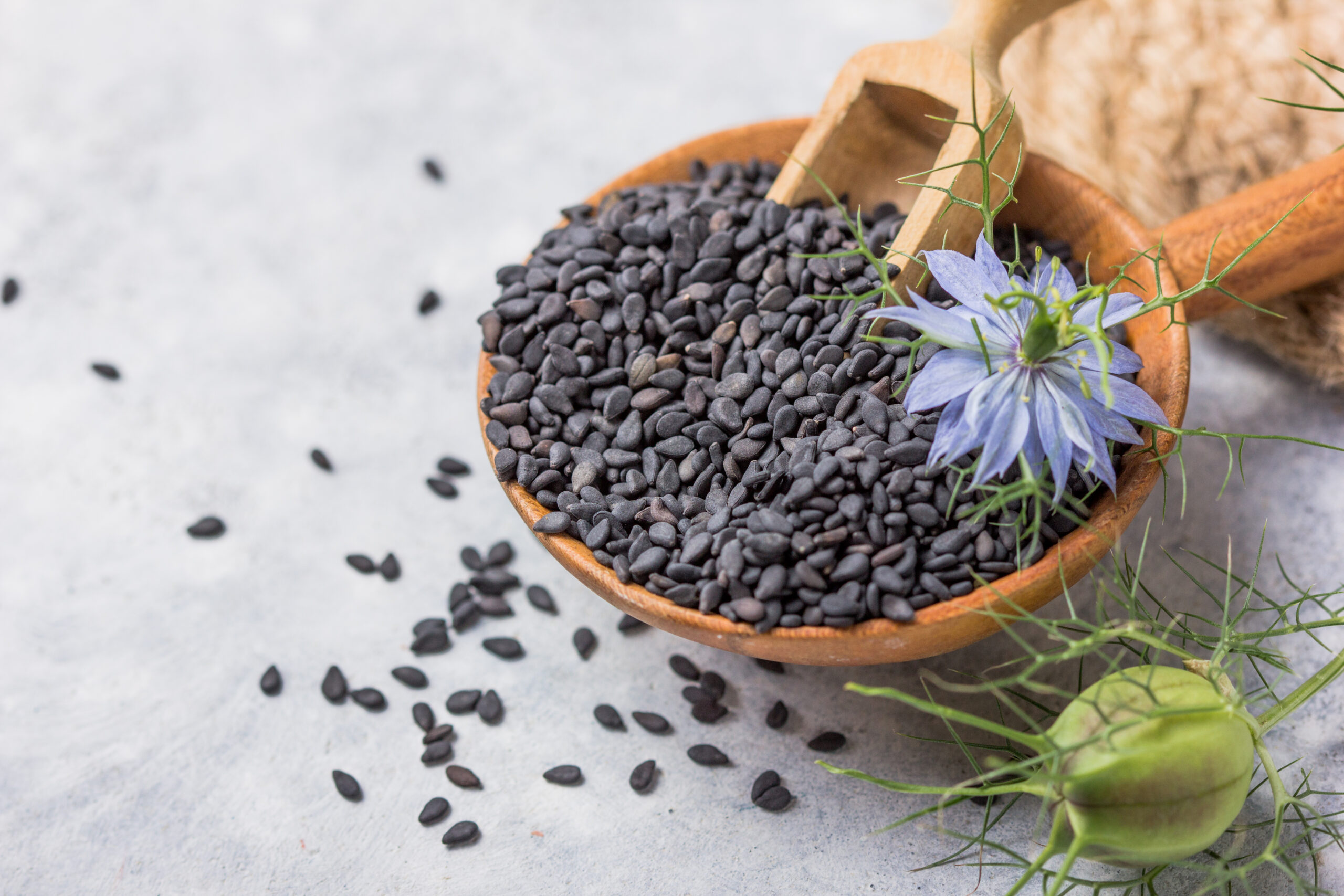
Nigella seeds have been shown to reduce cholesterol levels and improve heart health. They also contain antioxidants, anti-inflammatory properties, and essential nutrients that support overall cardiovascular function. Including nigella seeds in your diet can help improve heart health markers and reduce the risk of heart disease.
Sacha Inchi Seeds
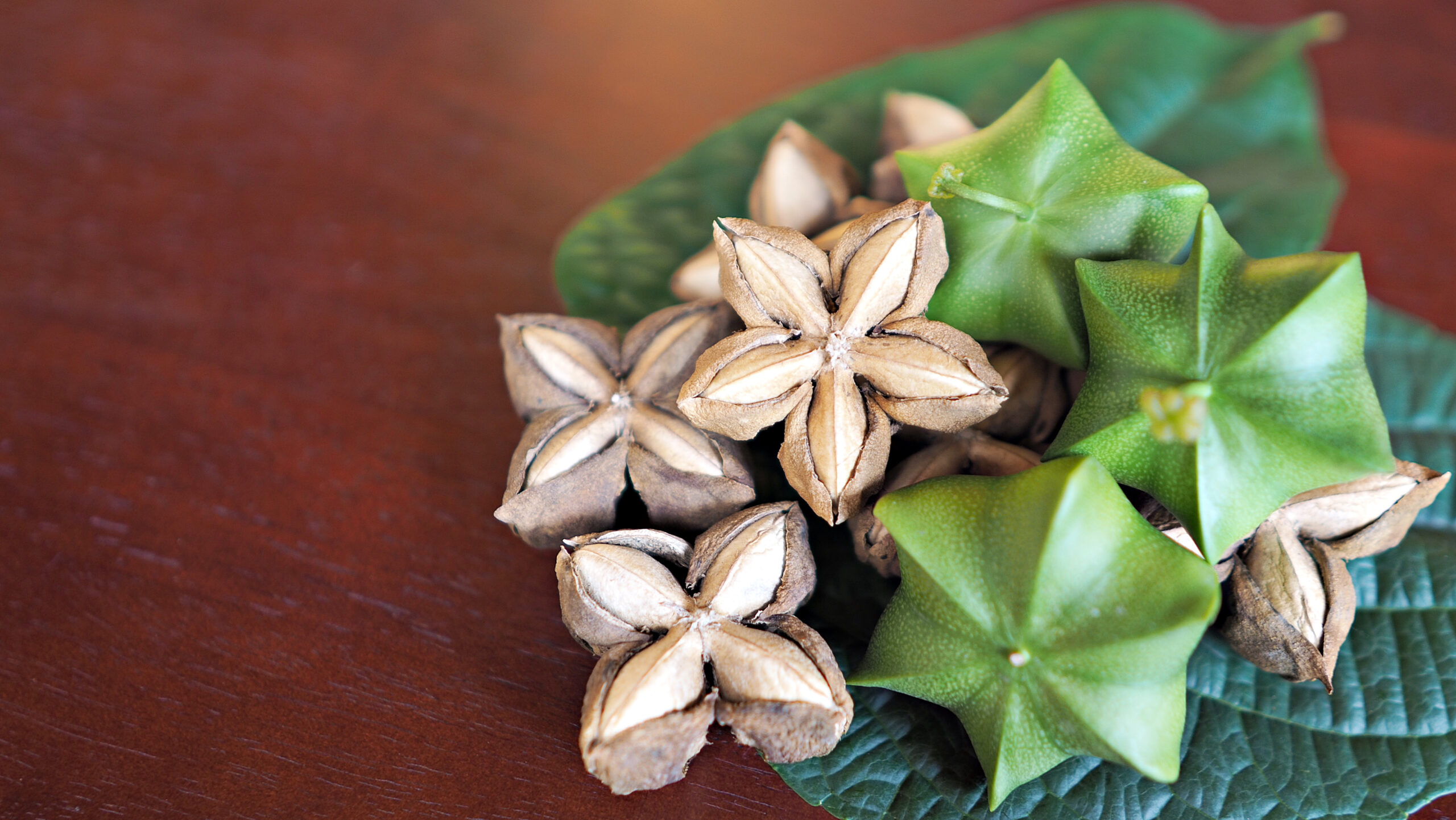
Sacha Inchi seeds are high in omega-3 fatty acids, protein, and fiber, making them an excellent choice for heart health. They also provide antioxidants and essential nutrients that support overall well-being. Regular consumption of Sacha Inchi seeds can help lower cholesterol levels and improve heart health.
This article originally appeared on RetailShout.
More From RetailShout
16 Unexpected Sources of Plant-Based Protein You Should Try
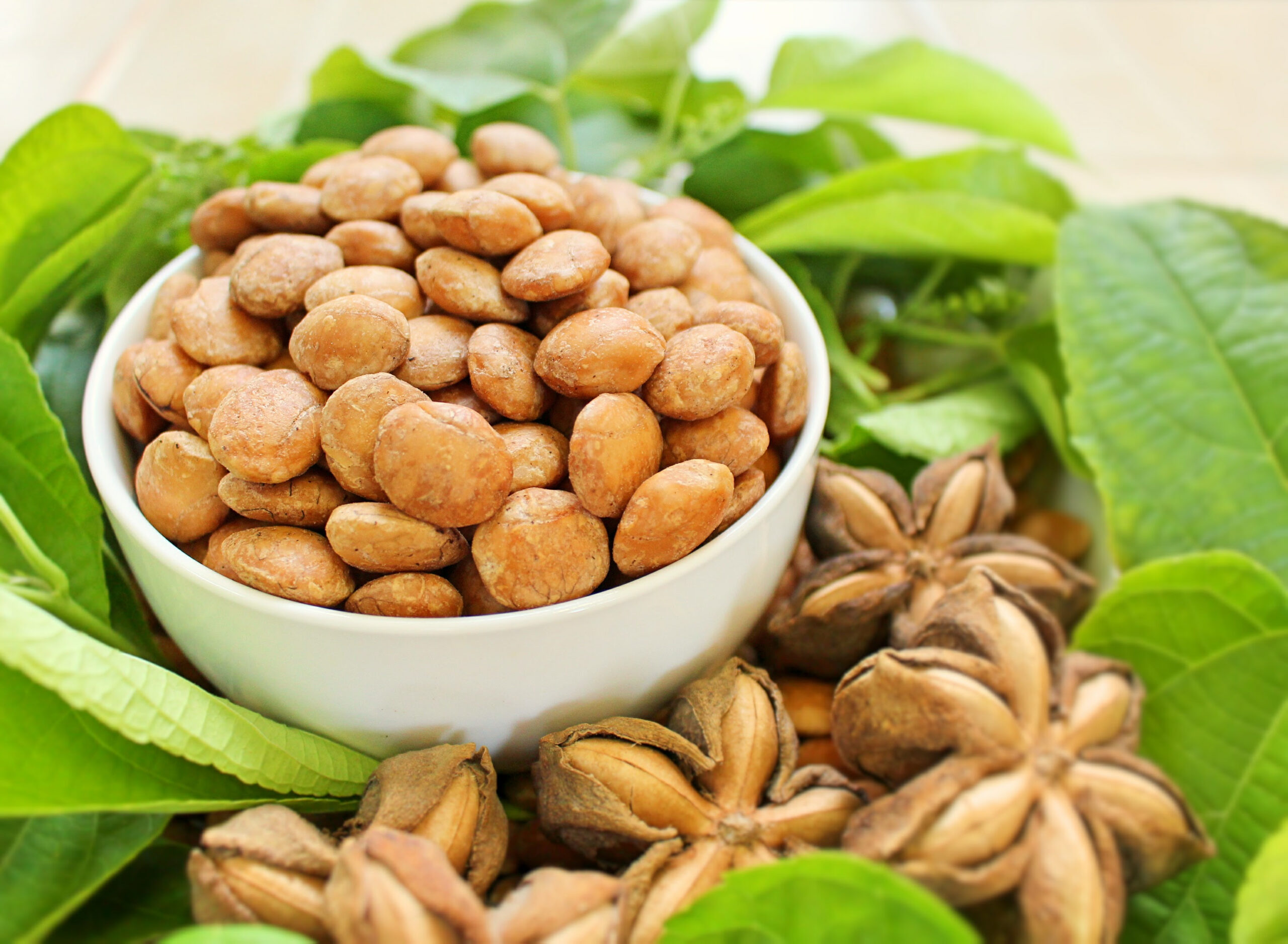
When we hear “protein,” we always think of the usual suspects: chicken, fish, and eggs. But did you know there are plenty of unexpected sources of plant-based protein that can shake up your diet? Read More.
15 Homemade Juice Recipes Packed with Nutrients

There’s something incredibly satisfying about making your own juice at home. Not only do you know exactly what’s going into your drink, but you also get to pack it full of fresh, nutrient-dense ingredients. Read More.
6 New and 10 Returning Items Of The Week At Trader Joe`s

Another week, another set of exciting new and returning items at Trader Joe’s! From seasonal favorites to fresh finds, this week’s lineup has something for everyone. This week’s finds promise to add a little extra flair to your grocery haul. Read More.

